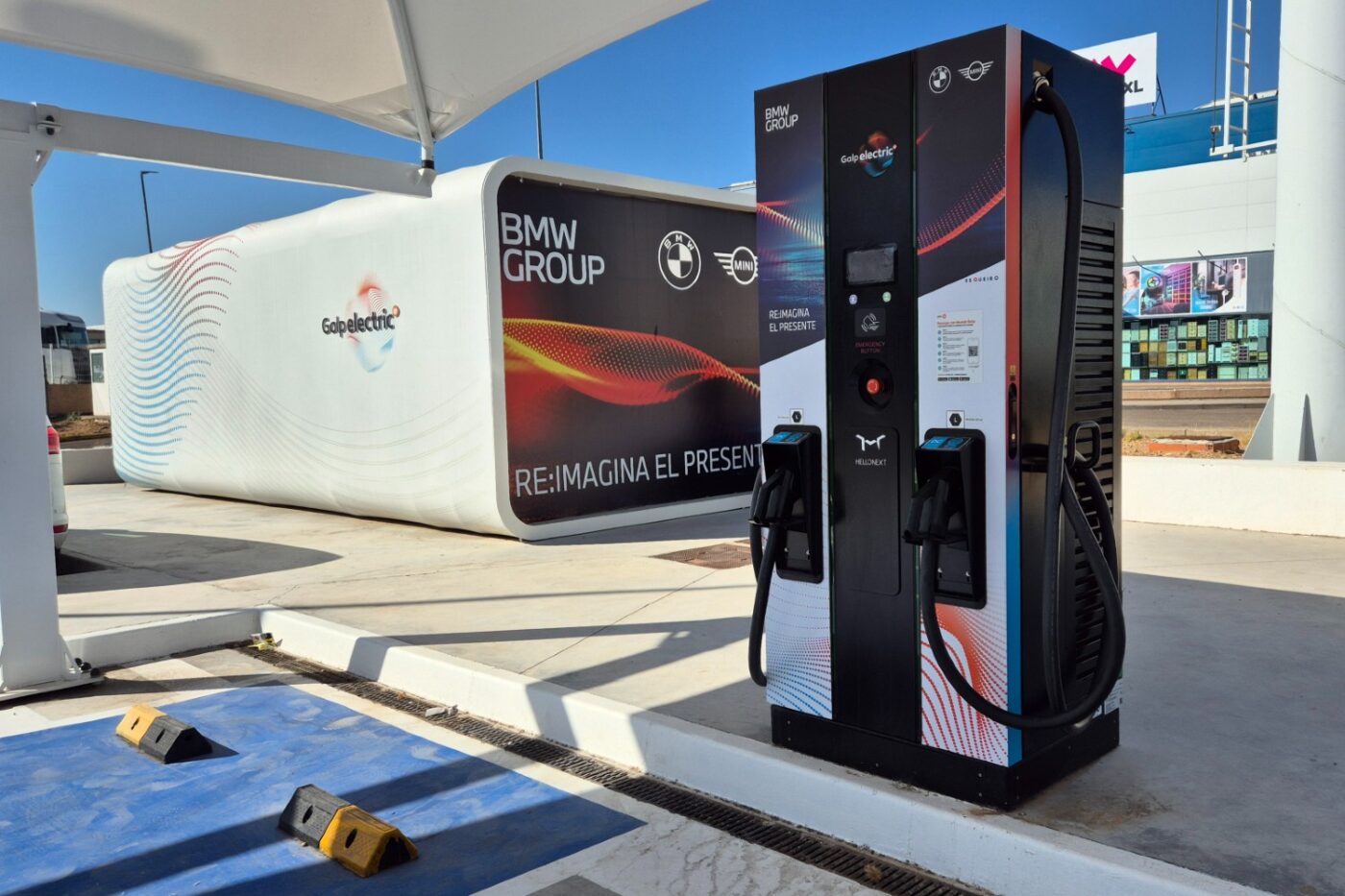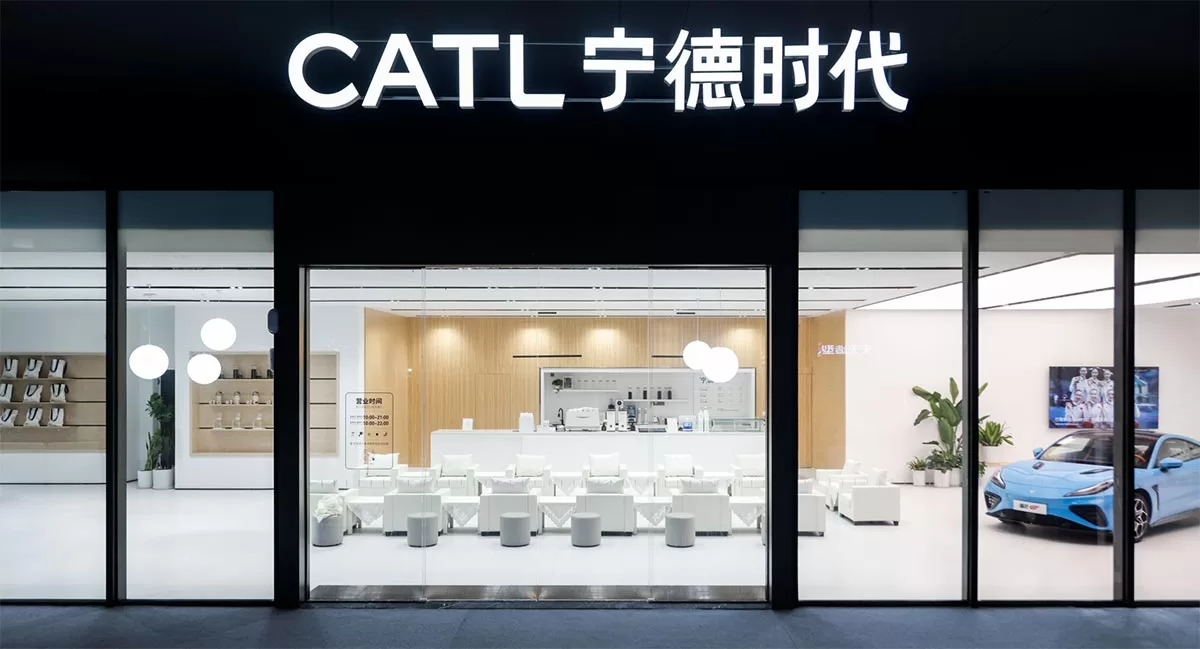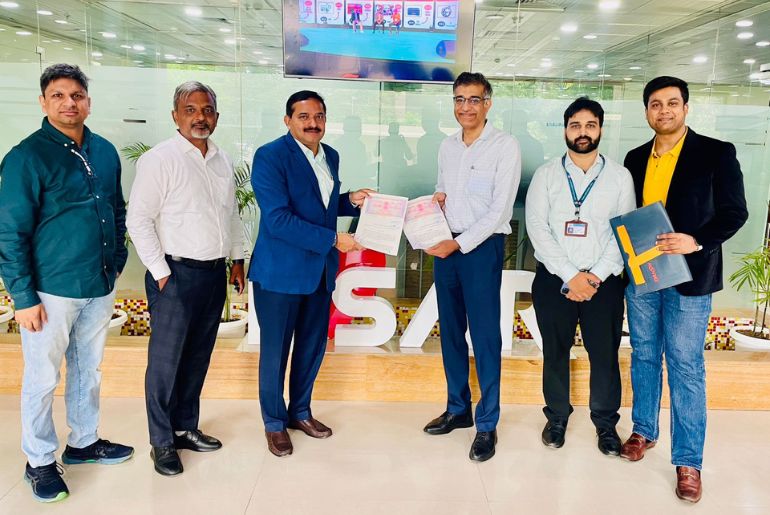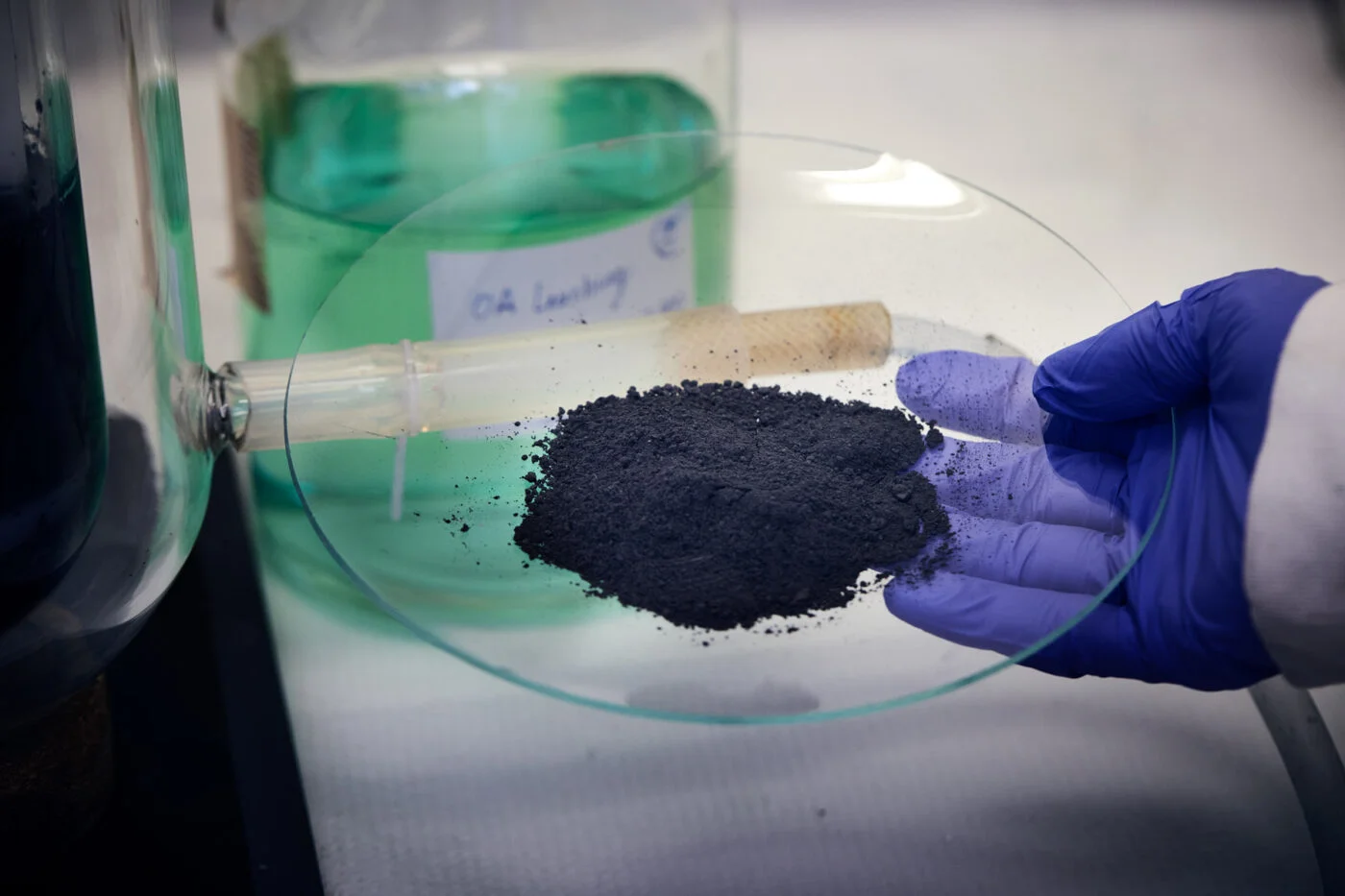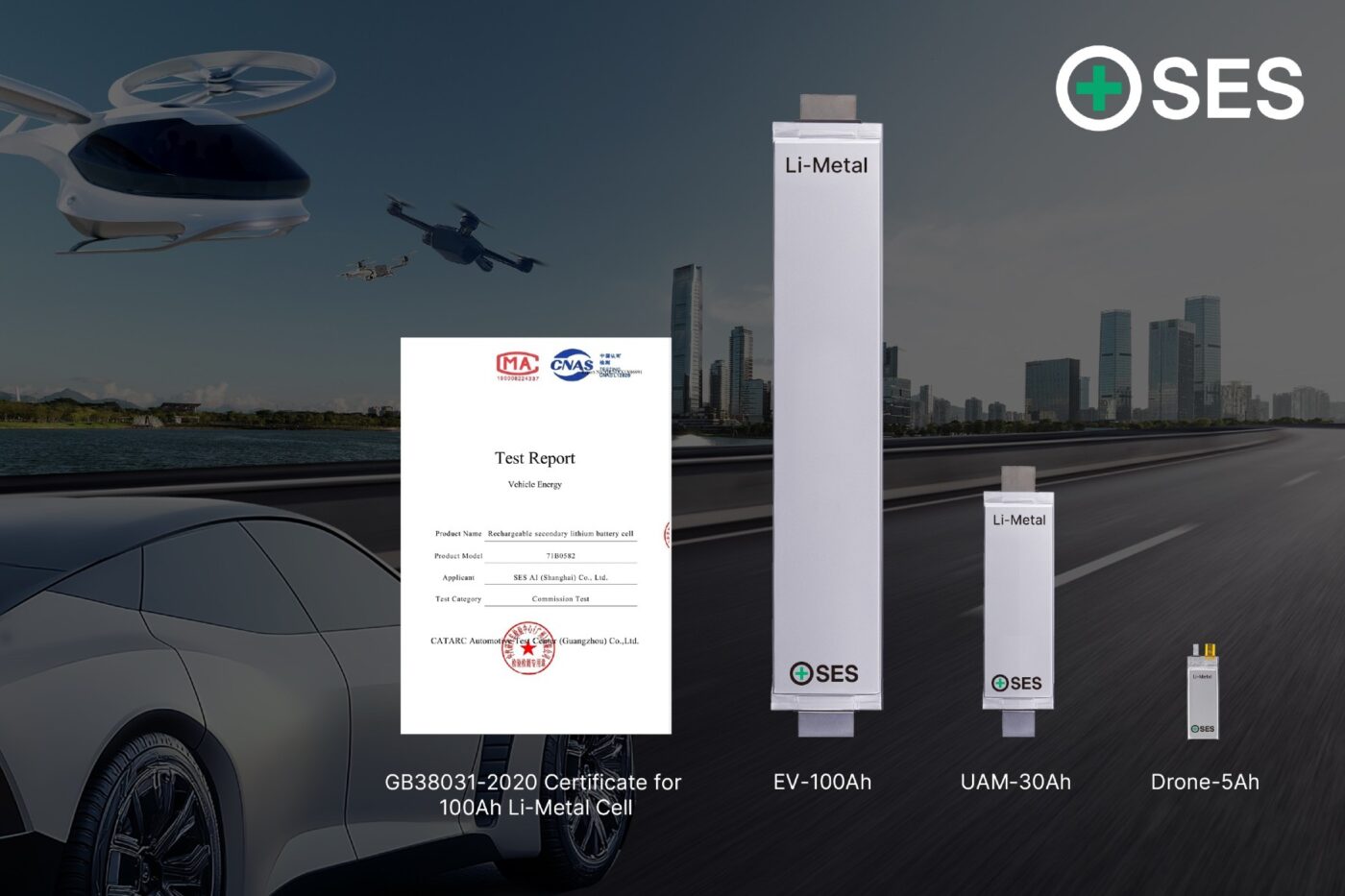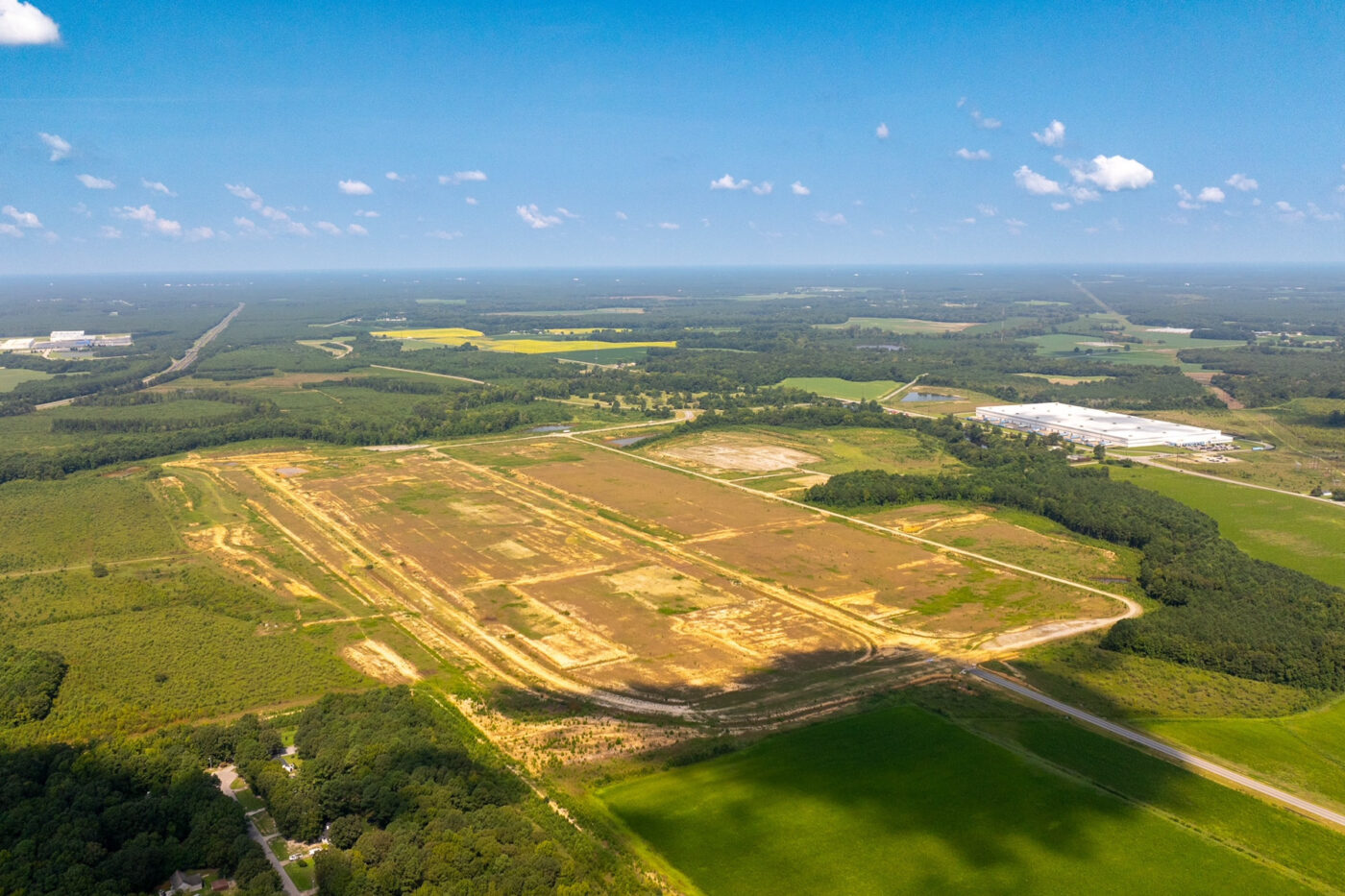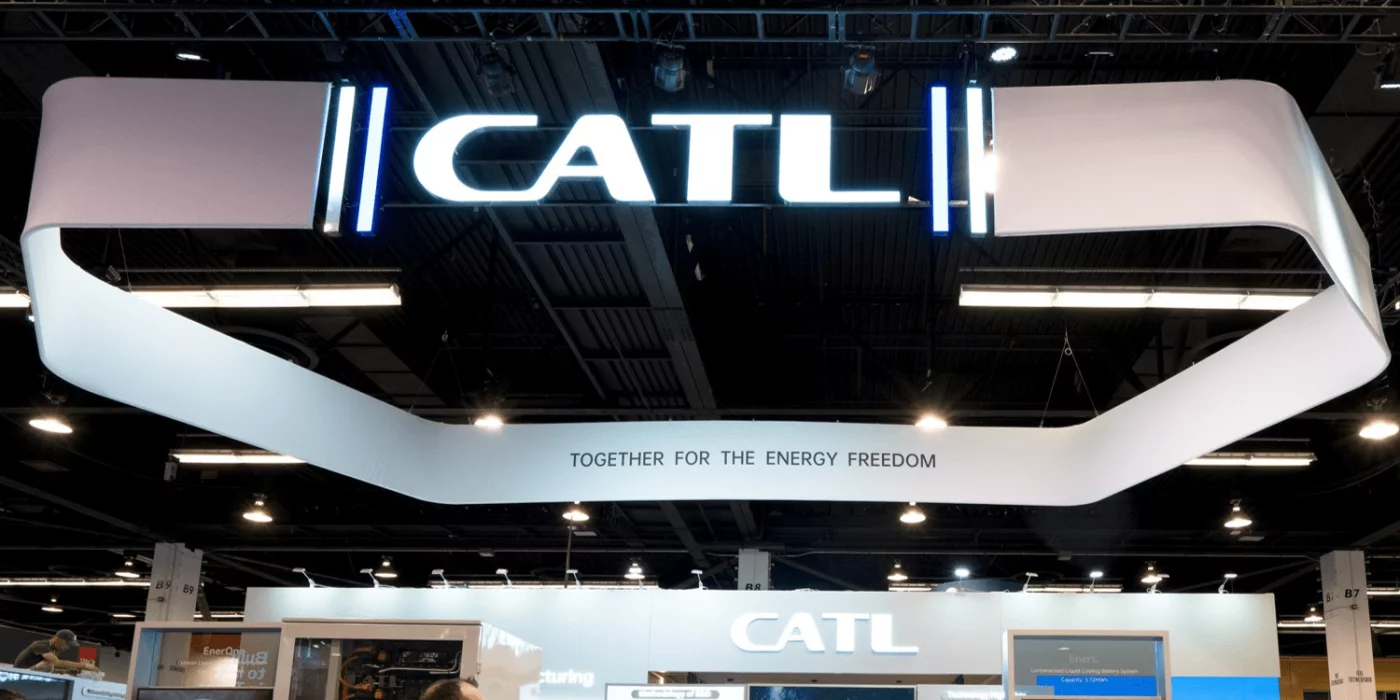The Portuguese energy supplier Galp, in collaboration with BMW and BeePlanet, has launched a stationary energy storage system in Madrid utilizing disused electric car batteries. This system supplies high-power charging (HPC) points with buffered energy from the grid.
The core of the ‘Second Life Batteries’ project is a container-based storage unit with a capacity of 368 kWh. According to Galp, the unit comprises used EV batteries, likely provided by BMW. The storage system gradually draws energy from the power grid and supplies it to two 180 kW chargers for rapid vehicle charging. As per the project participants, the system can “supply up to nine vehicles in succession with minimal mains power.”
The ‘Second Life Batteries’ initiative is a collaborative effort involving BMW, Galp, and BeePlanet, a specialist in second-life batteries. The storage system has been installed at a petrol station in Alcalá de Henares, within the Madrid metropolitan area.
“We are convinced that mobility will become increasingly electrified and that its large-scale introduction is an essential prerequisite for reducing emissions. Galp is at the forefront of the transformation of mobility, with innovative projects that ensure access to increasingly sustainable energy and fuels for a growing number of people,” said Galp manager João Diogo Marques da Silva.
Galp currently operates 5,000 charging points across Spain and Portugal. Initially, the company planned to install a total of 10,000 charging points in these countries by 2025. The European Investment Bank (EIB) has provided Galp with a loan of 41.5 million euros to support part of this expansion. Specifically, this loan will aid the introduction of 5,500 charging points by 2025, with the condition that 55 percent of these chargers be installed in less developed regions.

